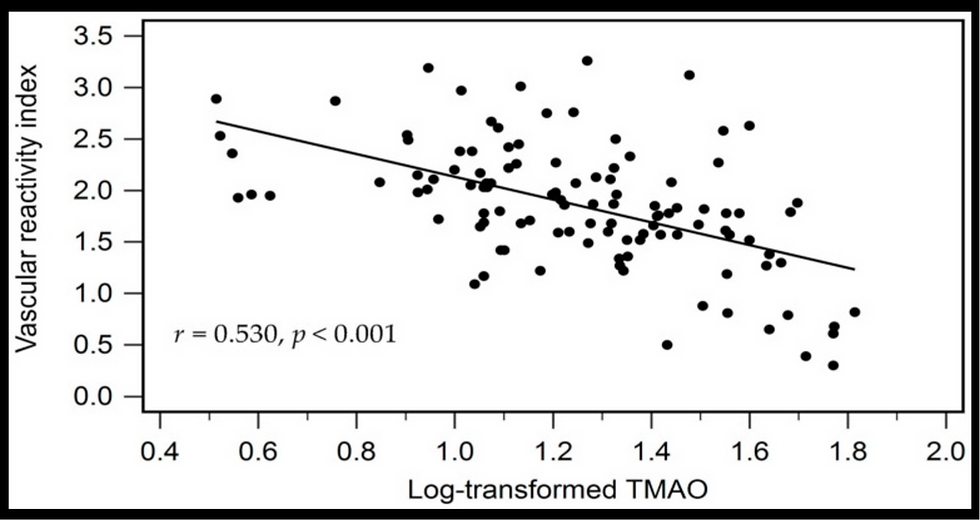Effect of Potassium Supplementation on Endothelial Function
- heartlung
- Feb 27, 2023
- 1 min read
A Systematic Review and Meta-Analysis of Intervention Studies
Nutrients 2023 Feb 8;15(4):853.
Abstract
Background: Endothelial dysfunction is an early predictor of cardiovascular diseases. Although a large body of evidence shows an inverse association between potassium intake and cardiovascular risk, the studies on endothelial function provided contrasting results. Thus, we carried out a systematic review and a meta-analysis of the available intervention studies of the potassium supplementation on endothelial function.
Methods: A systematic search of the online databases available (up to December 2022) was conducted including the intervention trials that reported flow-mediated dilation (FMD) changes-a non-invasive method of assessing endothelial function-after two different potassium intake regimens. For each study, the mean difference (MD) and 95% confidence intervals were pooled using a random effect model. (3) Results: Five studies met the pre-defined inclusion criteria and provided eight cohorts with 332 participants. In the pooled analysis, potassium supplementation was associated with a significant increase in FMD (MD: 0.74%), with a higher effect for a urinary potassium excretion higher than 90 mmol/day. There was a moderate heterogeneity among studies (I2 = 59%), explained by the different amount of potassium supplementation.
Conclusions: The results of our meta-analysis indicate that dietary potassium supplement improves endothelial function. This effect is directly associated with the amount of potassium supplement. The findings support the campaigns in favour of an increase in dietary potassium intake to reduce cardiovascular risk.
Keywords: dietary potassium; endothelial function; flow-mediated dilation; meta-analysis; potassium consumption; potassium intake.
Read Full-Text Here: https://www.ncbi.nlm.nih.gov/pmc/articles/PMC9961878/

![Lipoprotein(a) levels predict endothelial dysfunction in maintenance hemodialysis patients: evidence from [VENDYS] vascular reactivity index assessment](https://static.wixstatic.com/media/dac531_5285607cc591409a9d83746f042af7c6~mv2.png/v1/fill/w_980,h_980,al_c,q_90,usm_0.66_1.00_0.01,enc_avif,quality_auto/dac531_5285607cc591409a9d83746f042af7c6~mv2.png)


Comments